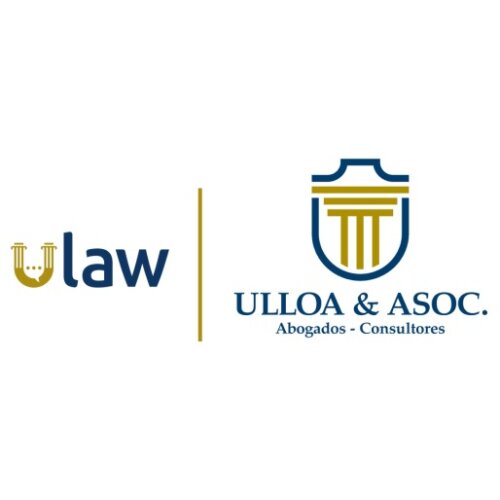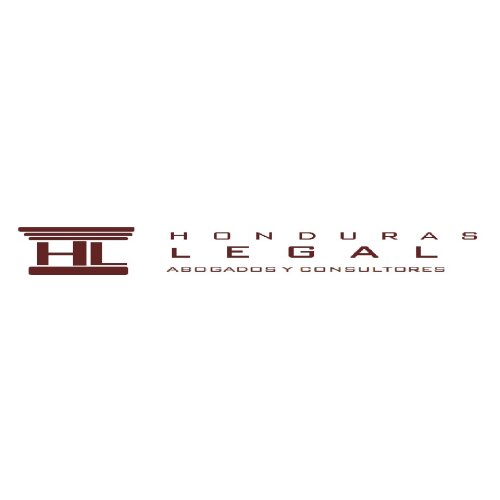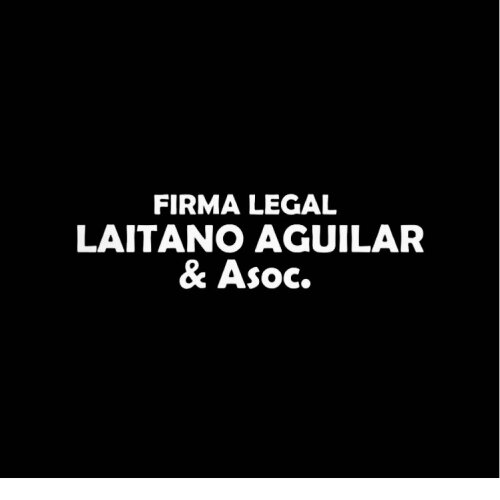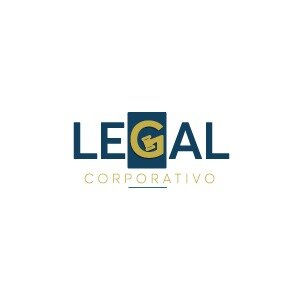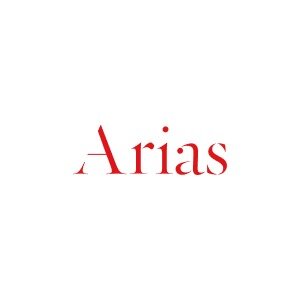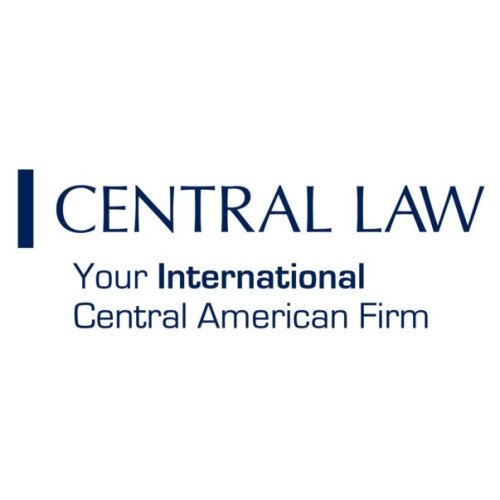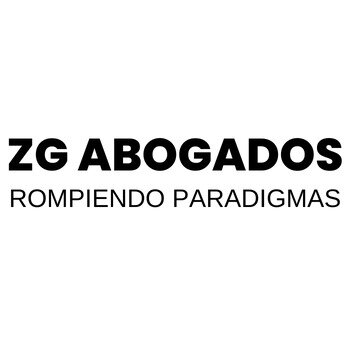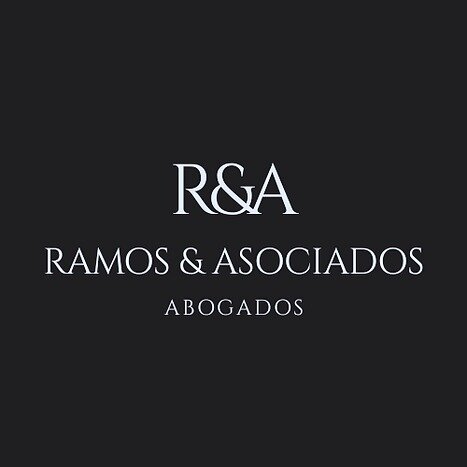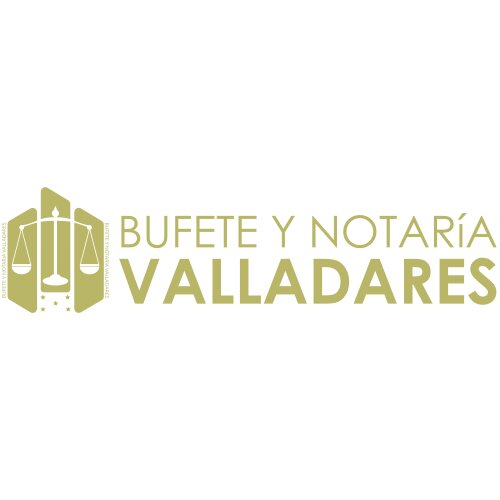Best Education Law Lawyers in Honduras
Share your needs with us, get contacted by law firms.
Free. Takes 2 min.
Or refine your search by selecting a city:
List of the best lawyers in Honduras
About Education Law in Honduras
Education Law in Honduras is a set of legal guidelines and regulations that govern the educational system in the country. This encompasses a wide array of issues, including the rights and responsibilities of students, teachers, and educational institutions, as well as government commitments to providing education and maintaining educational standards. The Honduran government seeks to ensure equitable access to education for all citizens, uphold quality standards, and promote lifelong learning.
Why You May Need a Lawyer
There are several scenarios in which you might need legal assistance in Education Law in Honduras. These include disputes over educational rights, issues related to discrimination or inequality in access to education, challenges with educational policy compliance, and conflicts involving school governance. Additionally, if you are a teacher facing employment issues or a parent confronting the denial of your child's educational rights, seeking legal advice can be crucial.
Local Laws Overview
The education system in Honduras is primarily governed by the Education Act, the Constitution of Honduras, and various government decrees and regulations. Key aspects include the establishment of free and compulsory education at the primary level, the mandate for equal access to educational resources, and the rights of educational staff and students. Furthermore, Honduras has ratified international agreements such as the Convention on the Rights of the Child, reinforcing its commitment to educational rights.
Frequently Asked Questions
What is the structure of the education system in Honduras?
The education system in Honduras consists of pre-primary, primary, secondary, and tertiary education levels. Primary education is compulsory and free for all children.
Are there laws to protect students with disabilities?
Yes, there are specific laws and regulations that ensure students with disabilities receive appropriate accommodations and access to education on an equal basis with other students.
What should I do if my child is denied access to education?
You may contact the local education authority for assistance and, if necessary, seek legal advice from a lawyer specializing in Education Law to ensure your child's rights are protected.
Can a school charge fees for primary education?
According to Honduran law, primary education should be free. If a school is charging fees, it may be in violation of the law, and you should seek legal assistance.
What are my rights as a teacher in Honduras?
Teachers in Honduras are entitled to fair employment practices, a safe working environment, and freedom from discrimination. The law also outlines their responsibilities and the process for addressing grievances.
How are educational standards regulated?
Educational standards in Honduras are regulated by the Ministry of Education, which determines curricula, assessment methods, teacher qualifications, and school accreditation.
What happens if a school fails to comply with educational laws?
If a school fails to comply with educational laws, measures can be taken by the educational authorities to ensure compliance, which could include sanctions, closure, or reformation of practices.
Are private schools subject to the same laws as public schools?
Private schools must comply with national educational regulations, but they have more flexibility in curricula and fee structures, provided they meet the minimum educational standards set by the government.
Is homeschooling legal in Honduras?
Homeschooling is not widely recognized as a formal educational option in Honduras. You should consult with an educational lawyer for guidance on this matter.
Can I appeal a decision made by an educational institution?
Yes, if you believe a decision by an educational institution is unjust, you have the right to appeal through the institution's formal complaint process or in the court of law if necessary.
Additional Resources
For more information and assistance, you might consider reaching out to the following resources:
- Ministry of Education of Honduras
- Ombudsman's Office for Education Rights
- Honduran Bar Association
- International organizations focused on education, such as UNICEF
Next Steps
If you need legal assistance in Education Law, consider the following steps:
- Identify your specific legal concern related to education.
- Gather all relevant documents and information pertaining to your case.
- Consult with a lawyer who specializes in Education Law in Honduras.
- Discuss your legal options and decide on a plan of action.
- Follow through with any legal procedures or negotiations necessary to resolve your issue.
Lawzana helps you find the best lawyers and law firms in Honduras through a curated and pre-screened list of qualified legal professionals. Our platform offers rankings and detailed profiles of attorneys and law firms, allowing you to compare based on practice areas, including Education Law, experience, and client feedback.
Each profile includes a description of the firm's areas of practice, client reviews, team members and partners, year of establishment, spoken languages, office locations, contact information, social media presence, and any published articles or resources. Most firms on our platform speak English and are experienced in both local and international legal matters.
Get a quote from top-rated law firms in Honduras — quickly, securely, and without unnecessary hassle.
Disclaimer:
The information provided on this page is for general informational purposes only and does not constitute legal advice. While we strive to ensure the accuracy and relevance of the content, legal information may change over time, and interpretations of the law can vary. You should always consult with a qualified legal professional for advice specific to your situation.
We disclaim all liability for actions taken or not taken based on the content of this page. If you believe any information is incorrect or outdated, please contact us, and we will review and update it where appropriate.
Browse education law law firms by city in Honduras
Refine your search by selecting a city.



